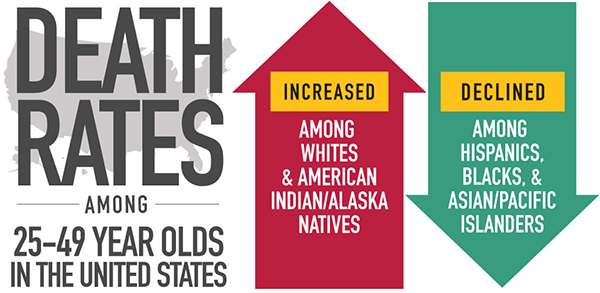The Seinfeld sitcom had a reputation for making lite of life's moments, but for those who know someone impaled by the disease, THIS IS NO LAUGHING MATTER. Similar to Alzheimer's, the disease can last a very long time. #Dementia is not a specific disease. It's an overall term that describes a group of symptoms associated with a decline in memory or other thinking skills severe enough to reduce a person's ability to perform everyday activities. Alzheimer's disease accounts for 60 to 80 percent of cases. As such, Dementia like Alzheimer's requires "care for the long term"
Causes may vary from short term to more serious irreversible symptoms.
Causes of dementia may include:
- #Alzheimer's disease
- Vascular cognitive impairment
- Dementia with Lewy bodies
- Frontotemporal dementia
- #Parkinson’s disease
- #Huntington’s disease
- #HIV
- Traumatic brain injury
Common causes of reversible dementias:
- Depression
- Medication (side effects, drug interactions, drug overdose
- Alcohol abuse
- Drug abuse
- Dietary, vitamin and mineral deficiencies (A, C, B-12 and folate)
- Traumas (due to falls, concussions or contusions to the head)
- Hormonal dysfunction (thyroid problems)
- Metabolic disorders (dehydration, kidney failure, COPD)
- Infections
- Heart disease
- Brain disease (tumours)
- Environmental toxins
A less publicized argument is posed by Dr. Perlmutter, MD. Renowned neurologist David Perlmutter, MD, blows the lid off a topic that's been buried in medical literature for far too long. Carbs are destroying your brain. Not just unhealthy carbs, but even healthy ones like whole grains can cause dementia, ADHD, anxiety, chronic headaches, depression, and much more.
Symptoms
Like activities of daily living, having two or more of these signs may be an onset of dementia
- Memory loss
- Difficulty planning or solving problem
- Difficulty doing familiar tasks
- Being confused about time or place
- Challenges understanding visual information
- Problems speaking or writing
- Misplacing things
- Poor judgment or decision-making
- Withdrawal from socializing
- Changes in personality or mood
That being said, it is worth taking precautions early to reverse dementia where possible. Currently, there is NO cure for dementia. Treatment methods vary and may not necessarily be safe. Of course, with any medical issue, it's always wise to consult your physician or a specialist.
#dementia #aging #Alzheimer's #menshealth #womensheatlh #brain #cognitiveimpairment #mentalhealth
#dementia #aging #Alzheimer's #menshealth #womensheatlh #brain #cognitiveimpairment #mentalhealth








